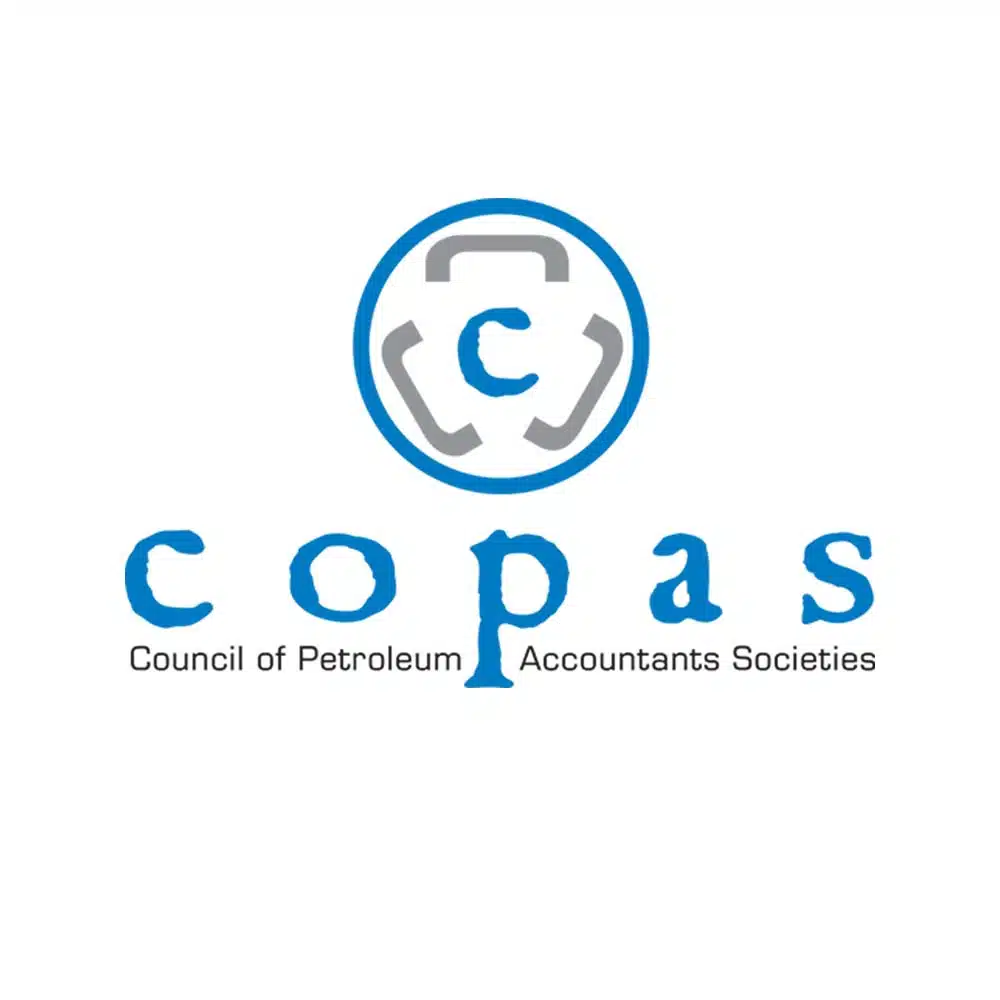Principles of Revenue Accounting Boot Camp
SKU
N/A
Categories Classroom Courses, Education
Being a COPAS member means that you are at the forefront of driving change and innovations that shape accounting in the petroleum industry.
Being a COPAS member means that you are at the forefront of driving change and innovations that shape accounting in the petroleum industry.
Being a COPAS member means that you are at the forefront of driving change and innovations that shape accounting in the petroleum industry.
As a COPAS member, you are at the forefront of driving change and innovations that shape accounting in the petroleum industry. Here, you can access your account, membership details, and other important information.
Being a COPAS member means that you are at the forefront of driving change and innovations that shape accounting in the petroleum industry.

Designed for individuals who wish to gain a basic Revenue Accounting understanding. It is suitable for petroleum industry new hires, business professionals, investment advisors, analysts, regulators, government employees, accountants (CPA and Non-CPA), lawyers, community leaders, and the general public.
Wednesday, July 30 & Thursday, July 31, 2025
Oxy, 1201 Lake Robbins Drive, The Woodlands, TX
8:00 AM – 5:00 PM
$640 Early Bird through Friday, June 27
$800 after June 27
16 Hours CPE available
Registration includes course materials and a boxed lunch. Please scroll down for a full description and learning objectives.
In many industries, tracking revenues is a straightforward process. The company manufactures the product, sets the price, sells it, and gains profit. But we can’t say the same for the petroleum industry. Oil and gas revenue accounting comes with unique challenges. For one, the inventory is undefined. You can only rely on oil and gas reserves estimation, a process that continues throughout the life of the field. Also, oil and gas prices are not set; they change depending on the supply and demand, derivatives, and other factors. To help overcome these accounting challenges, COPAS has developed a boot camp focused on teaching participants the basic principles of revenue accounting in the oil and gas industry.
The goal of our basic course on revenue accounting in the oil and gas sector is to equip students with the foundational knowledge they need to get a solid grasp of industry-focused revenue tracking procedures. This course is designed to deliver engaging, relevant education to those new to the oil and gas arena. It’s also recommended for anyone who needs a refresher.
Since 1961, COPAS has been driving innovative solutions that help strengthen the accounting profession in the oil and gas industry. We continue to address the complexities of the industry by developing standardized procedures and guidelines, providing resources, and developing course programs. One of those programs is our basic revenue accounting course designed for accounting professionals who are new to the oil and gas industry. We offer this course in the form of a boot camp. This way, we foster an engaging, effective learning environment for all participants. Moreover, as an organization comprised of the most knowledgeable and influential accountants in North America, we have curated an expert faculty to teach our Principles of Revenue Accounting course. Get in touch with us today to learn more.
This course covers the following topics:
Upon completion of this course, you will be able to:
If you’re unable to attend in person, please check out our Principles of Revenue Accounting live webinar series.
COPAS POLICIES: Complaints | Cancellation & Refund Policy
| Date / Location | July 30 & 31, 2025 in The Woodlands, TX |
|---|



